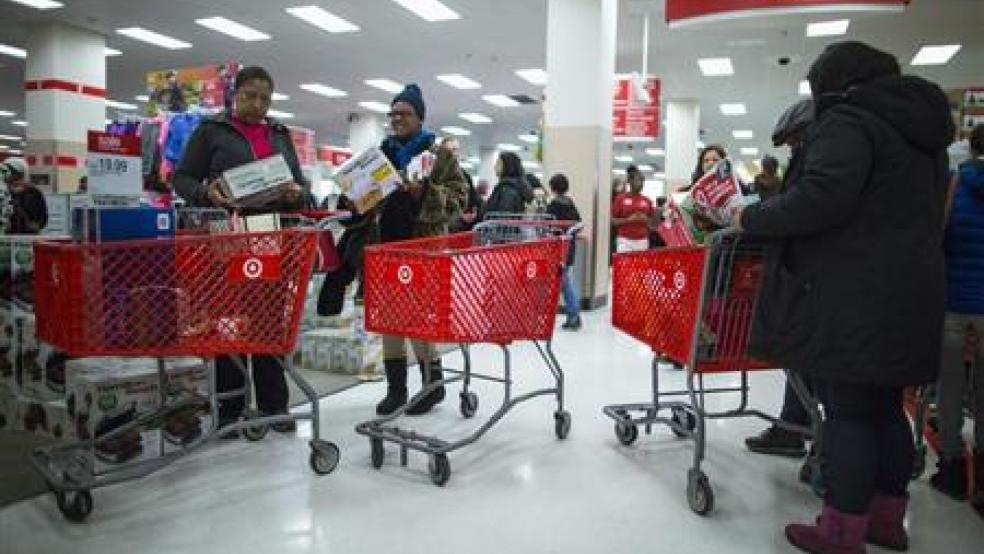Retailers expect huge crowds this weekend, with the National Retail Federation expecting some 136 million shoppers to hit stores from Thursday to Sunday. Whether those numbers pan out remains to be seen, but disappointing traffic and spending may not be a harbinger of doom for the broader economy.
That’s because the consumer landscape has shifted, making Black Friday’s figures less important. More people are shopping online and a growing number of shoppers are buying gifts before retailers even offer holiday sales.
Related: The Surprising Truth Behind Those Black Friday ‘Deals
Last year, the biggest shopping day of the year was Tuesday, Dec. 23, according to a MasterCard report. This year, 40 percent of customers said they wouldn’t start their holiday shopping until “close to the holidays,” and many are waiting for better deals later in the season, according to NPD Group. Just 8 percent felt that this year’s new products were better than last year’s, so there’s less urgency to get out early.
“The changing patterns make sales figures hard to interpret,” writes Ben Casselman in a blog post at FiveThirtyEightEconomics titled “Black Friday Sales Numbers Are Useless and Wrong and you should ignore them.”
In the post NRF spokeswoman Kathy Grannis Allen tells Casselman that while Black Friday is important for retailers, it’s “not the best bellwether” for how the season is going to perform.





